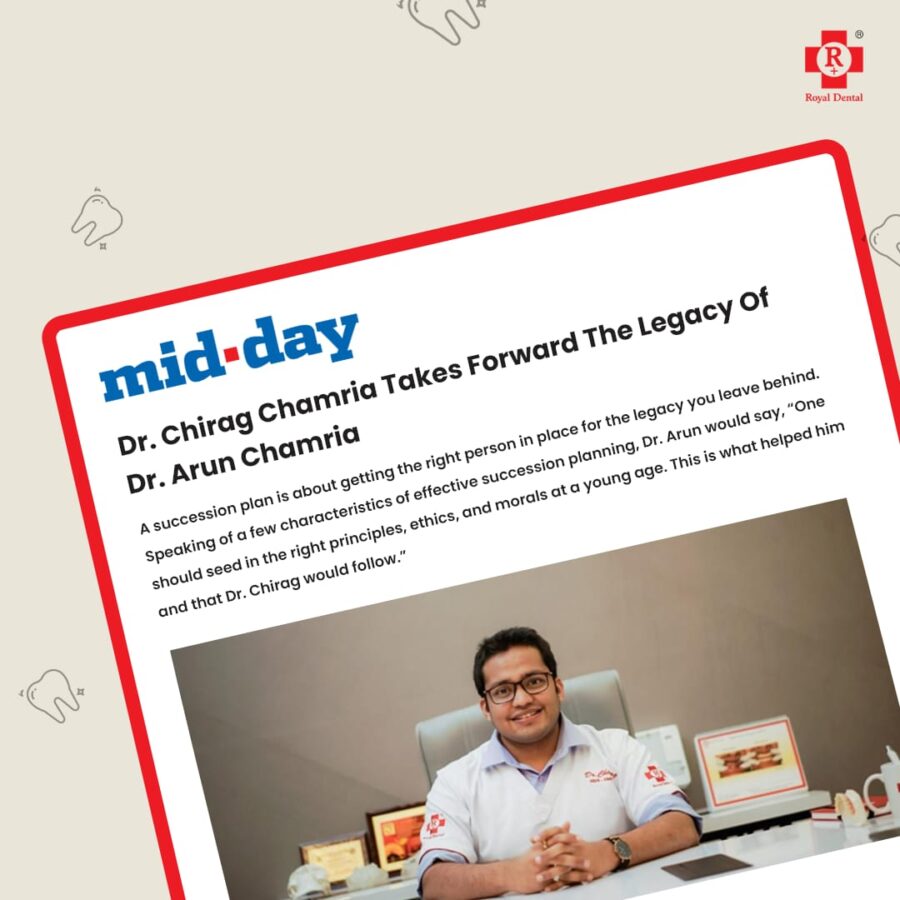Dentists are known to work long and often irregular hours. This is a result of the nature of the job, which requires you to be on call essentially 24/7. You’ll need to work long hours during peak demand times such as evenings, weekends, and holidays. Depending on your practice and the type of dentistry you do, you may not have another day off until well into 2020. But don’t let that scare you off! Most dentists love their jobs so much that they wouldn’t change it for anything else. If you aren’t sure if dentistry is right for you, read on for more details about what it takes to become a dentist in today’s world.
What will my working hours be as a dentist?
This is one of the first questions you should ask yourself when you decide to become a dentist. Not only will your daily hours vary, but your weekly hours will too. Many dentists work long hours during peak demand times such as evenings and weekends, but then have a couple of days off during the week. This is especially common in private practices. Dental surgeons in hospitals and other public sector jobs have more set hours, but all will have on-call shifts. The hours you work will largely depend on what type of dentistry you do.
If you become a general dentist, then you’ll be able to work on all areas of the teeth, which includes fillings, extractions, oral surgery, root canals, crowns, and more. However, if you become a specialist, then you’ll be restricted to the teeth in one particular area. For example, if you become an orthodontist, you’ll only treat teeth that are crooked. If you become an endodontist, you’ll only treat the inside of the tooth roots. There are many other types of dentistry you can specialize in – the only limits are your imagination!
Why do dentists work irregular hours?
For the most part, dentists work irregular hours because there is really no “normal” time that people have dental problems. People can have dental fillings break, teeth get cavities, or toothaches at any time of the day or night. Dentists therefore have to be on call at all times. You can expect to work long hours during peak demand times such as evenings, weekends, and holidays. Some dentists choose to work irregular hours because they can’t work regular hours due to other commitments, such as having young children.

Most dental practices don’t have regular hours, so you can’t expect to have a set schedule. You may have to work weekends, nights, and even holidays. This is especially true if you’re in a private practice. Another reason dentists work irregular hours is because they travel to visit patients in other locations. For example, if you’re a dentist in a city, but one of your patients is in a rural area, you’ll need to travel to the rural area to treat him/her.
Should you become a dentist?
If you’re one of the many people asking these questions, “Will I ever have a weekend off as a dentist?” and “Why do dentists work irregular hours?”, then you might be wondering if becoming a dentist is right for you. Before you make this decision, take note of the following information: The median annual salary of a dentist is $158,000. This means that half of all dentists earn more than this, and half earn less. You can easily earn $200,000 or more if you open your own private practice. Dentists are in high demand, and the profession is expected to grow by 13% by 2026.

With the aging population, there is a growing need for dentists to treat people with tooth decay and gum disease. There are many career paths you can take in dentistry, including oral surgery, orthodontics, pediatrics, and endodontics. While becoming a dentist is a serious and challenging career path, you’ll be rewarded with a great salary, awesome benefits, and a fulfilling job.
How to become a dentist: requirements
There are two ways you can become a dentist. The first is to attend dental school, which is a very challenging process. The other option is to become an RDH (Registered Dental Hygienist). While the RDH path is much less challenging, it also pays less. Dental school is a very rigorous process that can take up to 11 years. You can either attend a traditional dental school or an online dental school.
Before applying to dental school, make sure that you have a high enough GPA and a high enough score on the Dental Admission Test (DAT) to be accepted. You’ll also need to have a high enough GPA in your science courses and clinical hours. You can either attend a 2-year associate degree program and then transfer your credits to a 4-year college, or you can attend a 4-year college and graduate with a Bachelors of Science in Dental Hygiene.
Dentist training: going to college or becoming an RDH
Once you’ve decided to become a dentist, you’ll need to decide if you want to go to dental school and become a RDH or attend college to become an RDH. While both paths lead to a career as a dentist, they have some significant differences. The main difference between these two paths is that dental school is a much more rigorous, lengthy, and expensive process than becoming an RDH.
Becoming an RDH is significantly easier and faster, but also pays less.
If you want to become a dentist through dental school, then you’ll need to meet the following requirements.
If you want to become an RDH, then you’ll need to meet the following requirements.
Conclusion
If you’re asking yourself, “Will I ever have a weekend off as a dentist?” and you’re considering pursuing dentistry, then you’re on the right path. While the career path is challenging and rigorous, it’s also rewarding. Not only will you be rewarded with a great salary, awesome benefits, and a fulfilling job, but you’ll also be helping people improve their oral health. If you have a passion for helping others and want to make a difference in people’s lives, then becoming a dentist is the perfect career path for you. You’ll have to put in a lot of hard work, but the outcome will be worth it.






